Nature reports
Page 1 of 70 - 696 Results
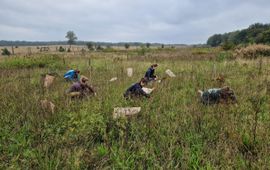
For a long time, the soil was the domain of chemistry and physics. This only changed forty years ago. Today, the soil has become a large and indispensable field of research. The Netherlands Institute of Ecology (NIOO-KNAW) has..
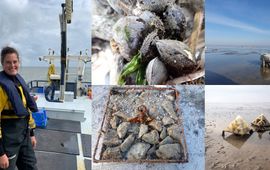
The formation of mussel and oyster beds on sandy seabeds can be stimulated by using a hard substrate. However, when NIOZ PhD candidate Sterre Witte placed shells and pebbles with a simple or smooth structure, the baby shellfish..
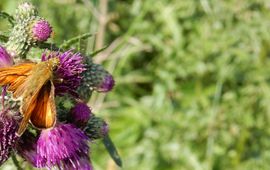
It is the height of summer in Europe, a time when many people head out into nature or to enjoy urban greenspaces . But over recent decades, people are seeing landscapes with fewer and fewer butterflies...
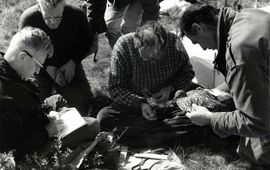
Ringing of wild birds has become indispensable as a research method to track individual birds. Since 1911, some 16 million birds have been fitted with a metal ring in the Netherlands. What has that brought in terms of knowledge,..
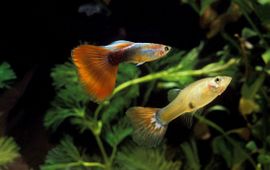
Guppies adapt remarkably quickly when faced with predators. In an experiment, researchers from Wageningen University & Research observed changes in reproduction and body shape within just three generations. ..
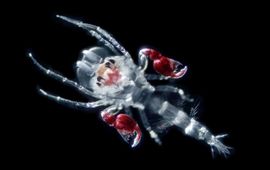
Zooplankton are vital to ocean ecosystems and their diversity reflects the health of the ocean. They respond quickly to environmental changes, making them key indicators of climate change. Monitoring these shifts requires..

The National Geographic Society has announced that Mirte Bosse, biologist and geneticist at Wageningen University & Research and Vrije Universiteit Amsterdam, is among the winners of the 2025 Wayfinder Award. The official award..
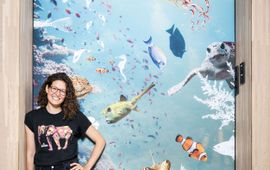
Tiny organisms called foraminifera can be incredibly useful for protecting coral reefs. Promovenda Elsa B. Girard developed a method to study them more efficiently. “This way, you can act before the corals are impacted.”..
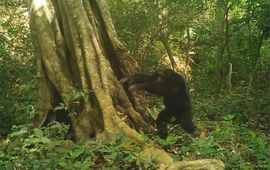
A recent study by behavioural biologists from Wageningen University & Research and the German Primate Research Centre has uncovered a remarkable phenomenon among wild chimpanzees in West Africa: the use of stones to produce sound,..
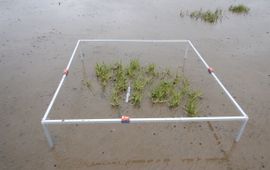
Cordgrass that establishes itself on virgin soil on the coast, tries to avoid the risks of being washed away by forming small clusters of plants. That is shown by the research of coastal ecologist Clea van de Ven, described in the..
